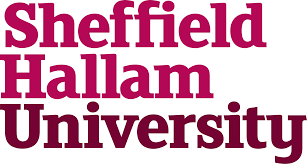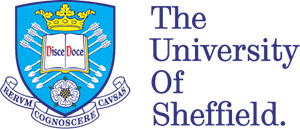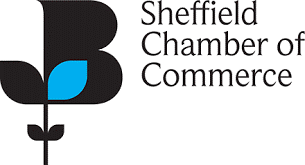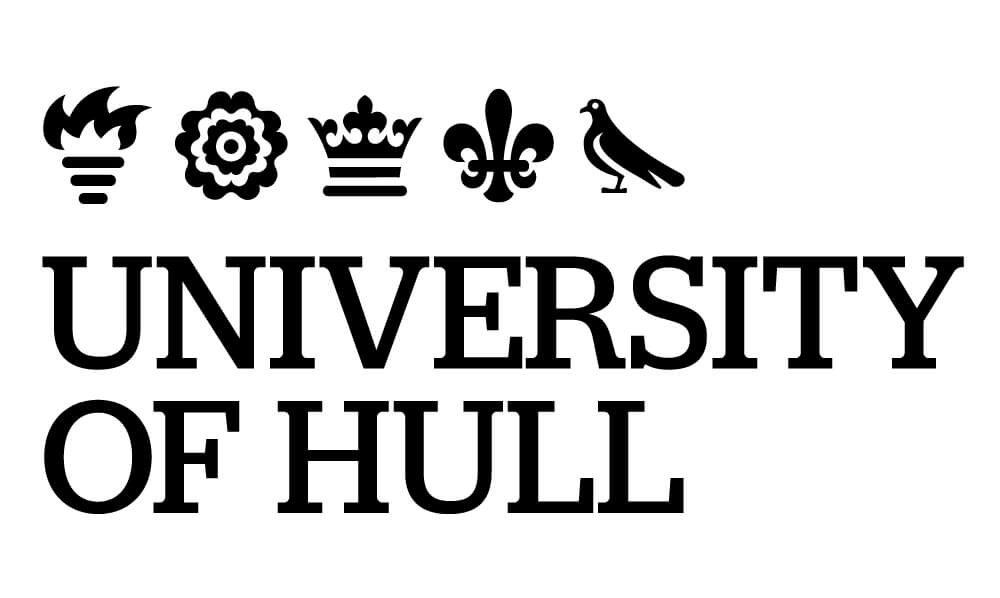Often students think that simply re-reading their notes will help transform knowledge into their long term memory. In fact, students need to do far more. Retrieval practice involves recalling something you have learned in the past and bringing it back to mind. Retrieval practice strengthens memory and makes it easier to retrieve the information later. Moreover, it can help you recall this information under pressurised conditions, for example taking final exams.
Doing little and often, rather than lots at once, will also help your long term memory. Rehearsing knowledge for short periods over a longer period of time is called spacing.
So how can you use retrieval?
- Past papers are one of the most useful and accessible methods of retrieval practice. They are particularly useful as they are specific to the exams you will be taking, rather than just general test questions. By doing past papers – most of which are free online or available through your teacher – you can use retrieval practice with content that is directly relevant to your studies and exams.
- Multiple choice tests can be particularly useful if you are at an earlier stage of revision, as you don’t need to know the answer instinctively; you just need to be able to recognise the correct answer from a set of options. This is still an effective method of retrieval practice as you are responding to a question, but you can select the right answer rather than create it from scratch. Multiple choice tests may be useful before you use past papers.
- Essay answers may well be included in your past papers, but they are a useful method of retrieval practice independently too. This is because they require you to synthesise multiple pieces of information into fluent prose and likely perform some analysis, which will improve retention more than merely recalling isolated facts. Research has shown that the more you do with information, the more likely you are to recall it.
- Answering a spoken question is a useful form of retrieval practice as replying aloud makes you think about the information differently and make quick connections under pressure. Other research has found that reading things aloud is more beneficial than in silence, as it prompts a range of senses and actions.
- Flashcards you’ve made yourself are great because all the questions are directly relevant to your exam rather than being generic questions about the topic. You know what you need to be tested on the most, so you can tailor the questions to your weak spots while using retrieval practice. You can pick these up on our next Freebie Friday!
- Teach others. This approach combines teaching others with answering questions, so is doubly effective for helping you learn. It also allows you to involve others in your learning, which is useful as having a supportive group around you is important for doing well at sixth form. Answering questions from someone lets you discover how well you understand the material, as you’ll need to explain it to them and they can ask follow-up questions to test your knowledge even further.
Final Thoughts
Retrieval practice is one of the most effective ways to revise. By answering questions rather than merely reading or highlighting information, you’re putting yourself in the best position possible to succeed and remember as much of your subjects as possible. Past papers, essays, multiple choice tests and flashcards are a great way of doing it.
Remember, Learning Matters. And we are here to help. If you need help with getting prepared and your organisation, you can see our ILC team, our ALS or your tutor.
For even more information on how to master study skills, head to this page all about The Best Ways to Revise. Here you can find loads more tips, links and research to help you succeed.







